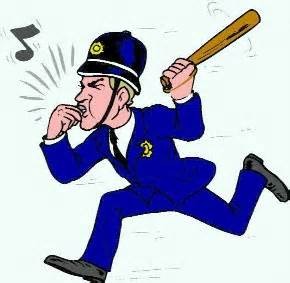An enquiring practitioner conducts research to find out valuable information. The practitioner then shares this information with colleagues. Working together is vital to being an effective practitioner however group work can pose may challenges. Ineffective communication can be a major problem when working in partnership and could cause breakdowns in relationship and misunderstandings. Conflict between team members hinders the amount of work completed and lowers the group moral. It could also isolate members and cause them to show a lack of focus and non-contribution.
There are many benefits associated with group work. Working in groups can raise an individual’s confidence. It also creates opportunities to share and develop ideas, allowing individuals to gain knowledge from their peers. Increased efficiency is also associated with successful group work, tasks and workloads can be shared and any problems can be discussed and solved quickly.
I believe that being an enquiring practitioner is important to consider as a student teacher. Acting as an enquiring practitioner allows student teachers to effectively work with colleagues to plan and develop lessons. Group discussions also highlight areas of improvement, and as a student teacher it is important to recognise weaknesses and learn how to improve on these areas. Working with colleagues in the school environment can also give you the opportunity to observe how other teachers take lessons and perhaps you can use their techniques and incorporate them into your own lessons. Being able to research issues and share your findings is valuable as it creates the ability to learn new ideas, new solutions and ways to enforce your findings. Practitioner enquiry gives teachers confidence to challenge and improve the curriculum. Donaldson states:
“…if we are to achieve the aspiration of teachers being leaders of educational improvement, they need to develop expertise in using research, inquiry and reflection as part of their daily skill set.’”(Donaldson, 2011:4)
In conclusion being an enquiring practitioner can develop our teaching skills and professional attributes. It is important as a student teacher to research and then reflect on research. Student’s can gain confidence and knowledge from working with qualified teachers and should value their opinions as professionals. Working with others helps us improve a number of skills including our teaching technique.





